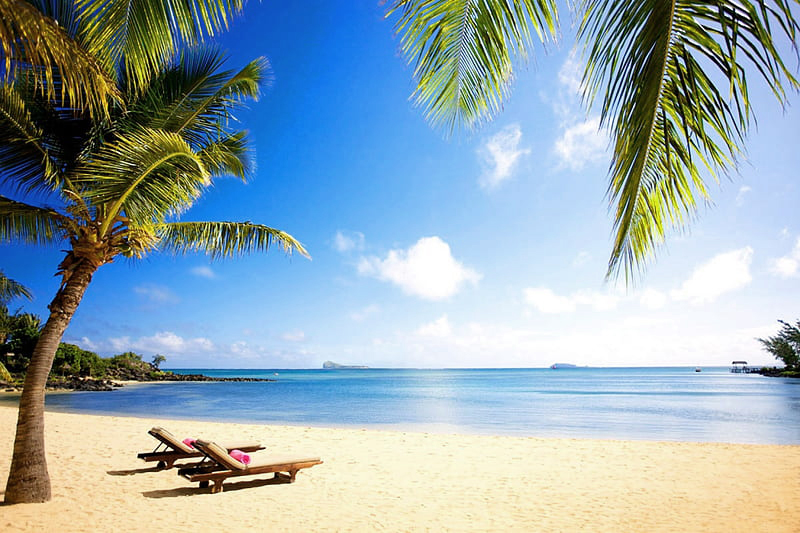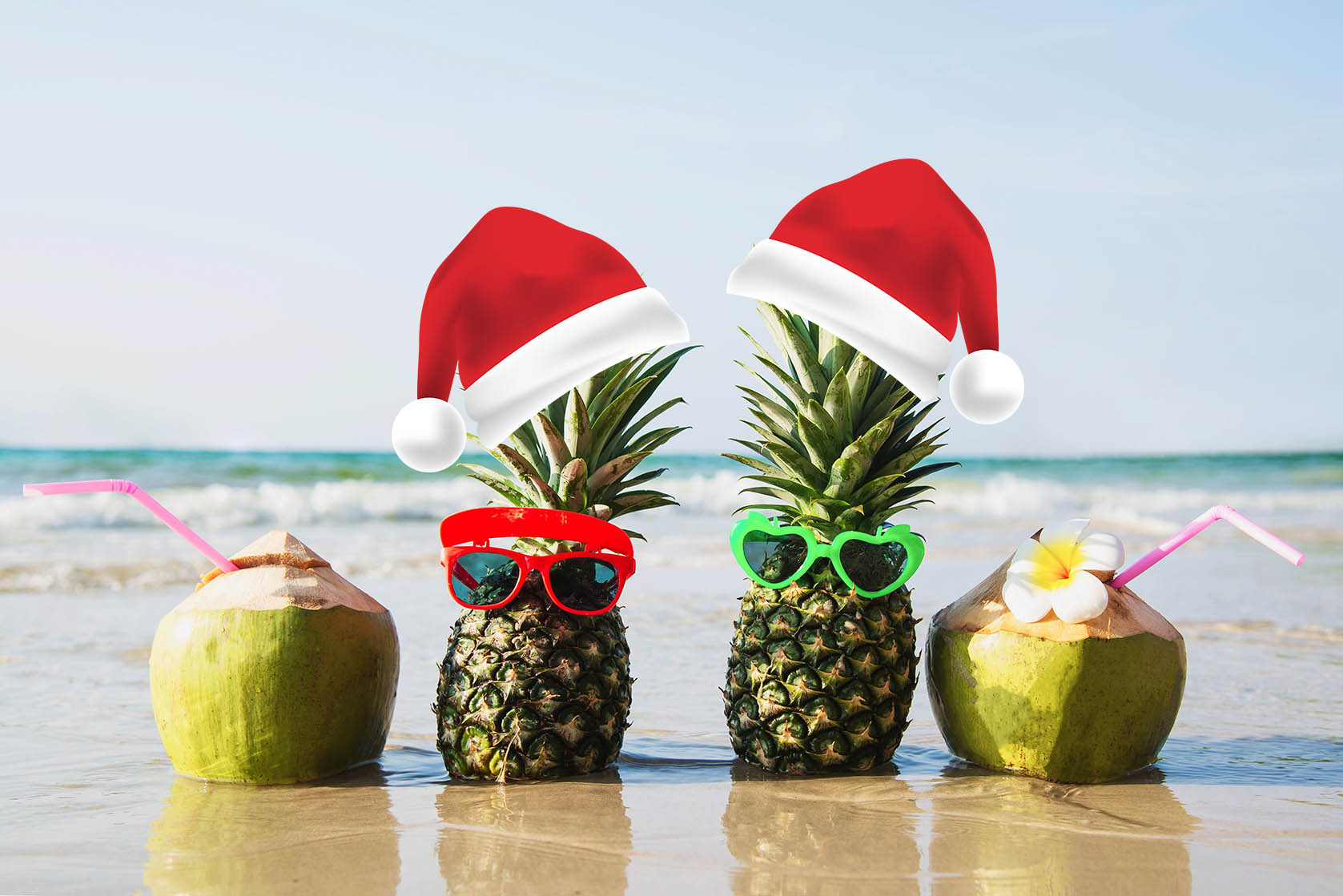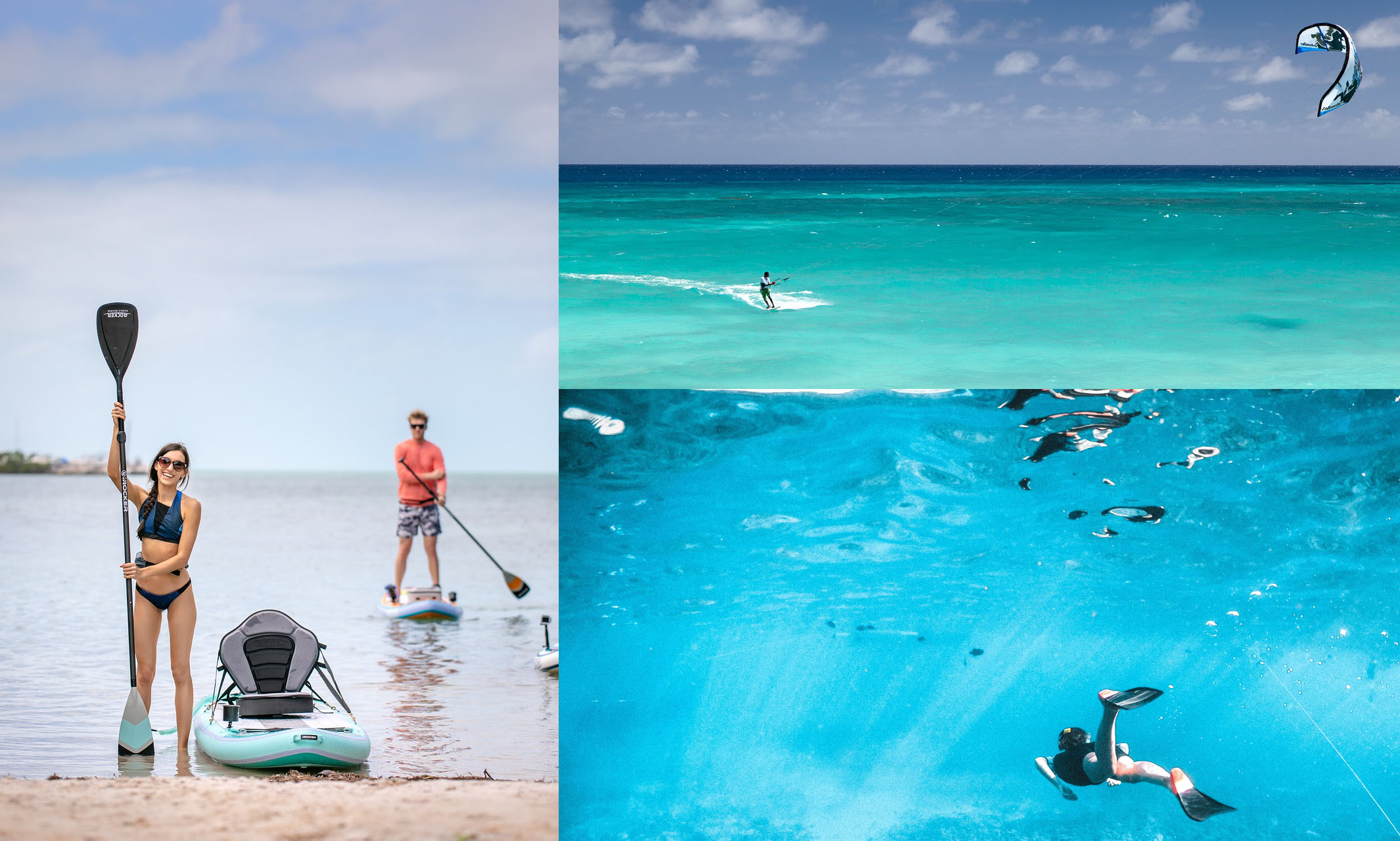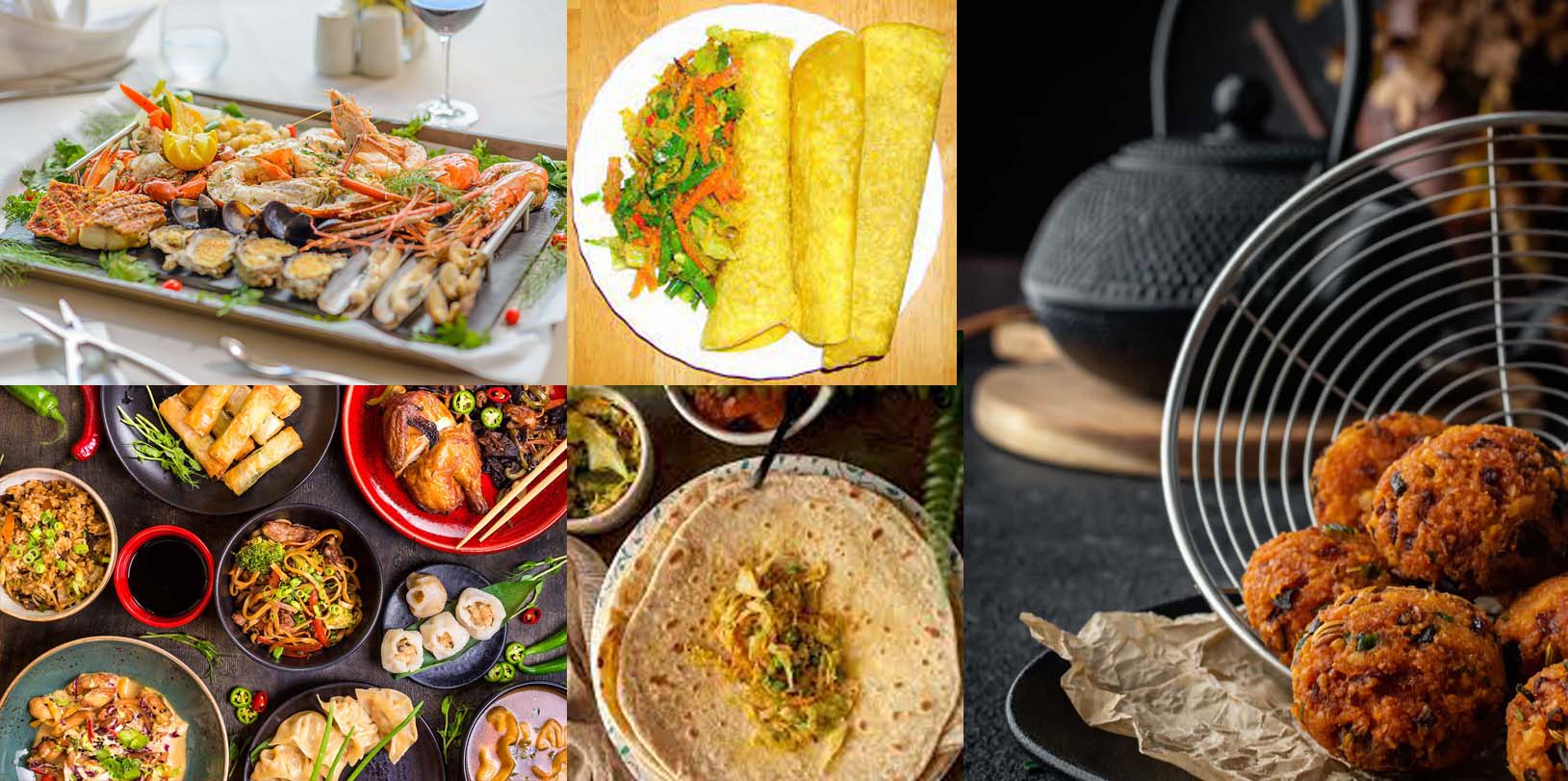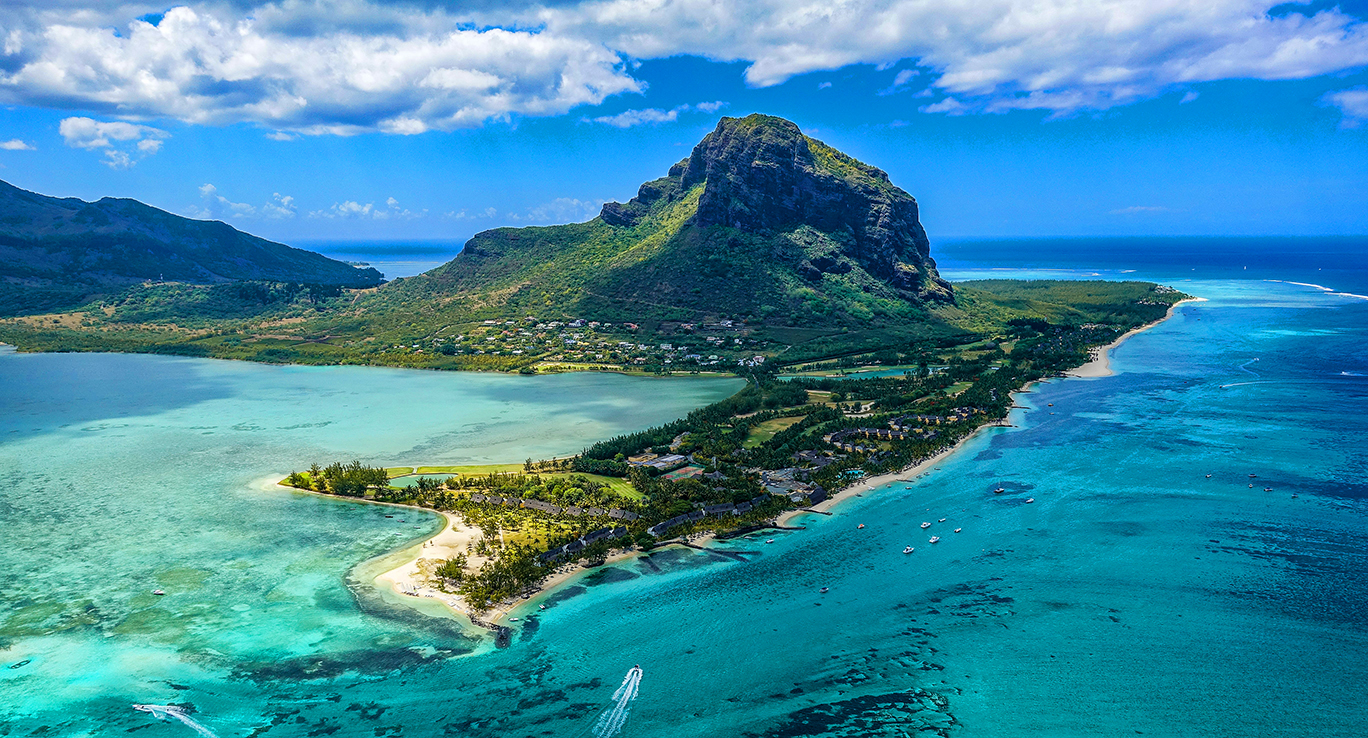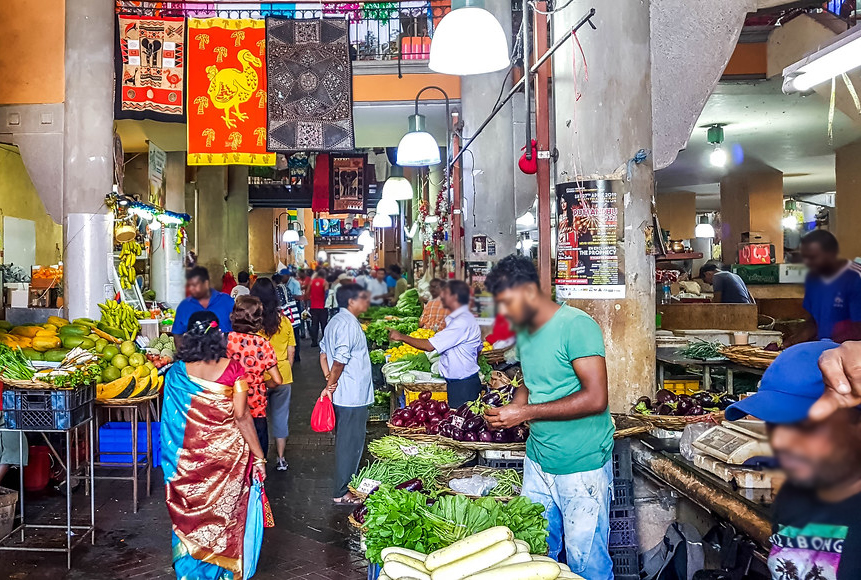Transportation and getting around the island
Getting around Mauritius involves several transportation options that cater to travelers’ preferences and convenience:
1. Car Rentals: Self-Drive: Renting a car is popular, providing flexibility to explore the island at your own pace. International and local car rental companies offer a variety of vehicles.
Driving: Mauritius drives on the left-hand side, and roads are generally well-maintained. However, traffic congestion in urban areas might be common during peak hours.
2. Taxis:Taxis are readily available and offer a convenient way to get around. Negotiate fares beforehand or ensure the meter is used for transparency.
3. Public Buses: The bus network covers most parts of the island, offering an economical mode of transportation. Routes, however, might not be direct, and schedules can vary.
4. Tour Operators and Excursions: Various tour operators provide guided tours and excursions to major attractions and activities across the island, making it easy for travelers to explore.
Tips for Getting Around:
- Navigation Apps: Use navigation apps or GPS systems for directions and to navigate unfamiliar areas.
- Traffic Consideration: Consider traffic congestion during peak hours, especially in major towns and cities.
- Local Advice: Consult locals or hotel staff for advice on the best transportation options and routes.
- Renting with Driver: Some visitors prefer renting cars with a driver for ease of navigation and local insights.
Each transportation mode in Mauritius has its advantages, and the choice depends on factors such as convenience, budget, and the areas you plan to explore.
Safety Measures and healthcare facilities for travellers
Mauritius is generally considered a safe destination for travelers, but it’s important to be aware of safety measures and healthcare facilities available for visitors:
Safety Measures:
Personal Safety: Exercise normal safety precautions as you would in any other destination. Avoid displaying valuable items in public and be cautious in crowded areas.
Swimming Safety: Pay attention to beach safety flags and warnings, especially during rough sea conditions. Only swim in designated safe areas and follow instructions.
Health and Hygiene: Drink bottled or boiled water and practice good hygiene to prevent foodborne illnesses or water-borne diseases.
Road Safety: Take caution when driving, especially on winding roads. Use seat belts, adhere to speed limits, and avoid driving at night due to reduced visibility.
Healthcare Facilities:
Hospitals and Clinics: Mauritius has both public and private healthcare facilities. Hospitals like Victoria Hospital in Candos and Sir Seewoosagur Ramgoolam National Hospital in Pamplemousses are major public hospitals.
Private Clinics: Several private clinics and medical centers offer quality healthcare services, especially in tourist areas like Grand Baie and Black River. We would recommend CCare and Nova-Life.
Health Insurance: It’s advisable for travelers to have comprehensive travel insurance covering medical expenses and emergency repatriation.
Pharmacies: Pharmacies are easily accessible and stock a wide range of medications. However, it’s recommended to carry prescribed medications and a basic first aid kit.
Emergency Services: In case of emergencies, dial 114 for ambulance services and 999 for police assistance.
By following safety precautions, being aware of healthcare facilities, and taking necessary health measures, travelers can enjoy a safe and healthy experience in Mauritius.
Currency, language, and other essential information
Currency: The currency used in Mauritius is the Mauritian Rupee (MUR). Currency exchange services are available at banks, hotels, and authorized exchange bureaus.
Language: English and French are the official languages. Creole is widely spoken, especially in informal settings.
Time Zone: Mauritius Standard Time (MST), which is GMT+4.
Electricity: The standard voltage is 230V, and the frequency is 50Hz. The plugs used are of the Type C (European) and Type G (British) varieties.
Entry Requirements: Depending on your nationality, you may need a visa to enter Mauritius. Some nationalities are eligible for visa-free entry or visa on arrival. Check visa requirements based on your country of origin before traveling.
Communication: SIM cards and local prepaid plans are available for mobile phones. Most hotels, cafes, and public places offer Wi-Fi.
Local Customs: Respect local customs and traditions. Dress modestly when visiting religious sites and ask for permission before taking photos of people.
Tipping: Tipping is not mandatory but appreciated for good service, usually around 10% in restaurants if a service charge isn’t included.These essential details can help make your trip to Mauritius smoother and more enjoyable. It’s always wise to stay updated with current travel advisories and guidelines before planning your visit.
Mauritius in December offers an unforgettable holiday experience for expats seeking relaxation, adventure, and cultural immersion. With its tropical charm and diverse offerings, it’s the perfect destination for an incredible holiday getaway.
Remember, whether you’re here to soak up the sun on pristine beaches, explore the island’s rich cultural heritage, or indulge in the festive atmosphere, Mauritius has something for every expat looking to make December a month to remember.
Plan your unforgettable holiday in Mauritius this December and let the island captivate you with its charm and warmth.
And if you are looking at acquiring a property in Mauritius after experiencing the most wonderful and memorable holiday on our island, make sure to contact any of our Seeff branches and our experienced and knowledgeable property consultants will be more than happy to assist and guide you. Visit our website to discover our fantastic real estate opportunities:
www.stg-mauritiusseeffcom-staging.kinsta.cloud




